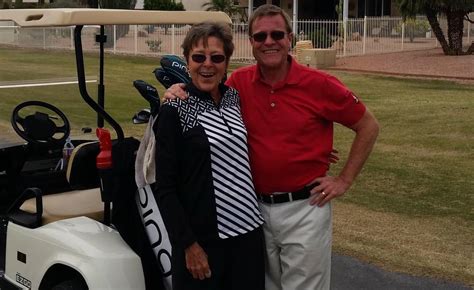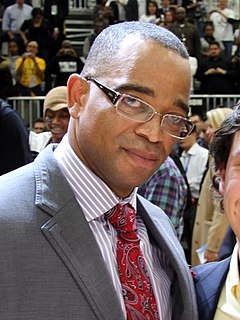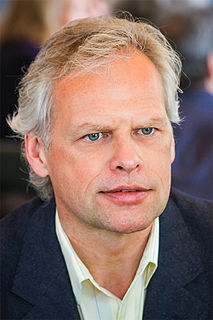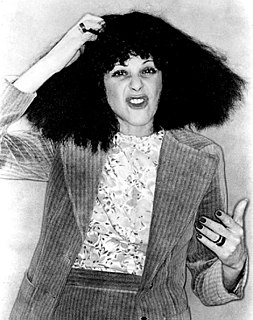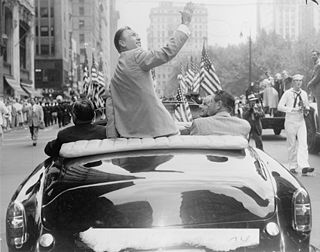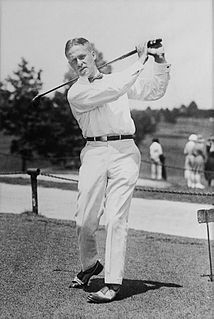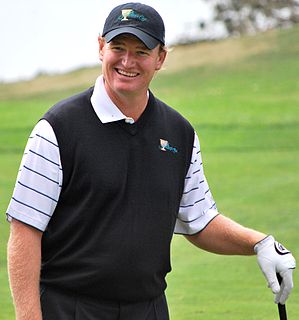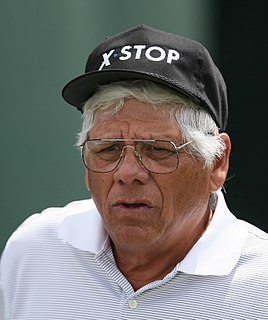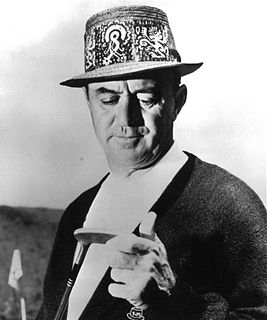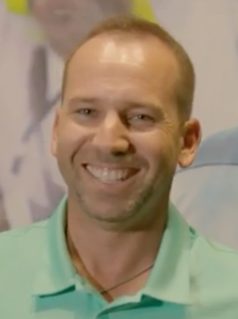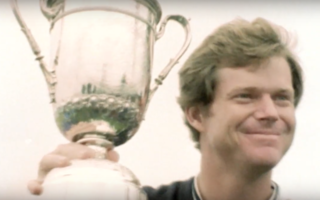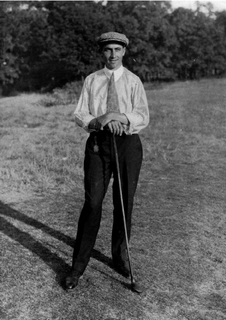A Quote by Shelley Hamlin
That is the beauty of cancer, it tells you that your days are limited, that you could die at any point. It is that perspective that allows you to live a better life while you're here.
Related Quotes
Death can come at any moment. You could die this afternoon; you could die tomorrow morning; you could die on your way to work; you could die in your sleep. Most of us try to avoid the sense that death can come at any time, but its timing is unknown to us. Can we live each day as if it were our last? Can we relate to one another as if there were no tomorrow?
When I'm writing in my bedroom, in a bar, at my kitchen table or wherever, I'm conjuring it all up on the page. That's all well and good, but it is going to be a limited perspective at that point and time. Occasionally, what I write might read really well initially, but then you change your mind while hunting for locations when you discover settings which offer even better opportunities for drama or dramatic staging.
Every day, I am reminded that our life's journey is really about the people who touch us. When you die, it does not mean you lose to cancer. You beat cancer by how you live, why you live, and in the manner in which you live. So live. Live! Fight like hell. And when you get too tired to fight, then lay down and rest and let somebody else fight for you.
Evolution tells us how to survive; art tells us how it's possible still to live even while knowing that we and all we love will someday vanish. It says there's beauty even in grief, freedom even inside the strictures of form and of life. What's liberating isn't what's simplest; it's the ability to include more and more shadows, colors and possibilities inside any moment's meeting of self and world.
It wasn't about wanting to die or having nothing left to live for; it was about letting go. You live your life doing what you're supposed to do, following the rules, following your conscience no matter what your gut tells you - and most times, that's okay. Control is good. It allows you to believe in certainty and absolutes, like lining up the perfect shot. But when you hold on for so long, and hold on so tight, every once in a while you have to close your eyes and jump." Kelley Armstrong - Exit Strategy
When a plane crashes and some die while others live, a skeptic calls into question God's moral character, saying that he has chosen some to live and others to die on a whim; yet you say it is your moral right to choose whether the child within you should live or die. Does that not sound odd to you? When God decides who should live or die, he is immoral. When you decide who should live or die, it's your moral right.
...boredom speaks the language of time, and it is to teach you the most valuable lesson in your life--...the lesson of your utter insignificance. It is valuable to you, as well as to those you are to rub shoulders with. 'You are finite,' time tells you in a voice of boredom, 'and whatever you do is, from my point of view, futile.' As music to your ears, this, of course, may not count; yet the sense of futility, of limited significance even of your best, most ardent actions is better than the illusion of their consequence and the attendant self-satisfaction.
